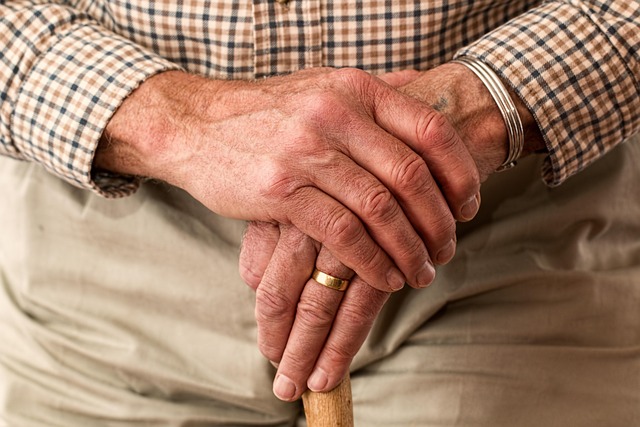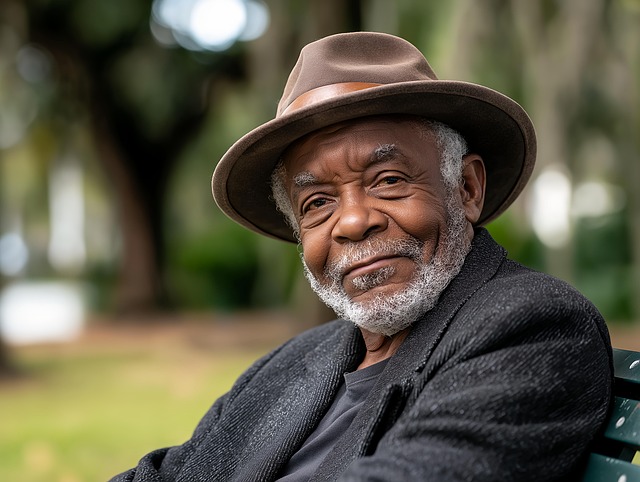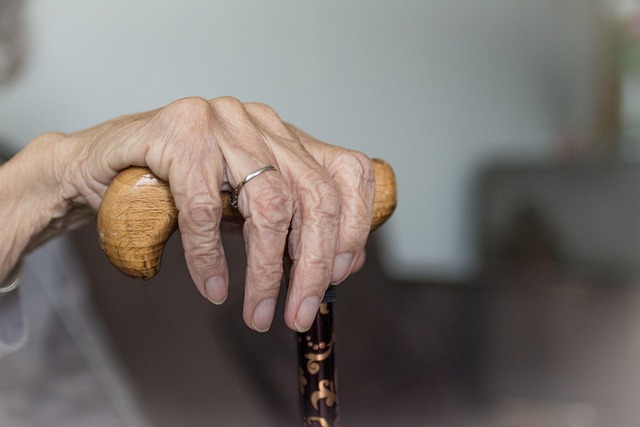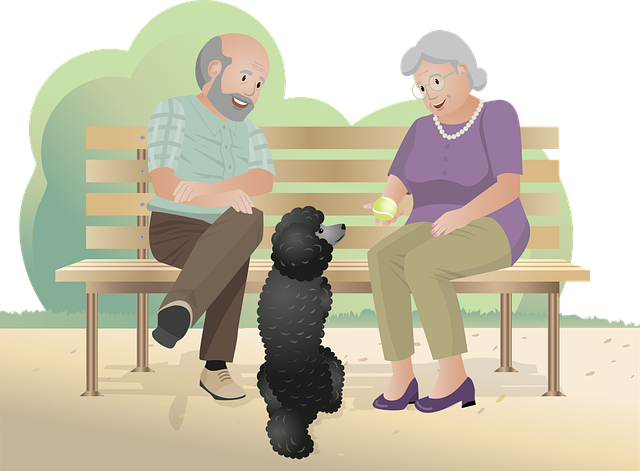Elderly Companion Services are a vital resource for seniors managing complex medication regimens as they age. These services combine technology with personalized human support to improve medication adherence, combat forgetfulness, and reduce health risks from non-adherence. Trained companions assist with organization, reminders, and encouragement, ensuring proper medication administration and fostering overall well-being, especially beneficial for those living alone. Technological tools like mobile apps and smart pill boxes further enhance adherence with alerts, tracking, and educational content.
Medication management can be a complex challenge for seniors, leading to potential health risks. This article explores effective strategies to overcome these difficulties, focusing on the crucial role of Elderly Companion Services in medication reminder systems. We delve into the challenges faced by elderly individuals in adhering to their drug regimens and highlight how companion services provide much-needed support. Additionally, we discuss innovative technologies enhancing reminder techniques, ensuring seniors receive their medications safely and promptly.
- Understanding the Challenges of Medication Management for Seniors
- The Role of Elderly Companion Services in Reminder Systems
- Effective Strategies and Technologies for Medication Reminders
Understanding the Challenges of Medication Management for Seniors

Managing medications can be a complex and challenging task for seniors, often requiring multiple prescriptions from various healthcare providers. As people age, their bodies go through changes that can affect how medications are processed, leading to potential risks of drug interactions or adverse effects. Additionally, memory issues common in older adults can make remembering to take medication at the correct times difficult.
Elderly Companion Services play a vital role in navigating this challenge by providing assistance with medication management. These services ensure that seniors adhere to their prescribed regimens by offering reminders, tracking dosages, and even assisting with transportation to healthcare appointments. With the help of companion services, seniors can improve their medication adherence, leading to better health outcomes and reduced risks associated with inconsistent or incorrect medication use.
The Role of Elderly Companion Services in Reminder Systems

Elderly Companion Services play a pivotal role in enhancing medication reminder systems for seniors, addressing a critical need as our population ages. These services offer personalized support tailored to the unique challenges faced by older adults in managing their medications. By pairing technology with human companionship, companion services provide an effective solution to combat forgetfulness and improve adherence to prescribed regimens.
Companions, often trained in health literacy and medication management, act as a bridge between seniors and their healthcare needs. They assist with tasks such as organizing pill boxes, setting reminders, and even providing gentle reminders or support when self-administration becomes challenging. This human touch is invaluable, ensuring that seniors receive not just the right medications but also the care and encouragement needed to maintain their health.
Effective Strategies and Technologies for Medication Reminders

Medication management can be a significant challenge for elderly individuals, leading to potential health risks and adverse outcomes. However, several effective strategies and technologies have emerged to aid seniors in adhering to their medication regimens. One approach is to incorporate Elderly Companion Services, where trained caregivers or volunteers assist with medication reminders, ensuring timely intake. These services can be particularly beneficial for those living alone, offering a safety net against human errors and forgetfulness.
Technological advancements have also played a pivotal role in improving medication adherence. Mobile apps designed for this purpose allow seniors to set alerts and reminders, track their medications, and even receive educational content about their drugs. Smart pill boxes equipped with sensors and alarms are another innovative solution, providing visual and auditory cues when it’s time to take medication. Such tools not only help in remembering doses but also foster a sense of independence and self-management among the elderly.
As we’ve explored, medication management presents unique challenges for seniors. Implementing effective reminder systems, with support from Elderly Companion Services, can significantly improve adherence and overall health outcomes. By leveraging a combination of technological advancements and personalized care, we can ensure that our aging population receives the crucial medication reminders they need to live healthier, safer lives.






